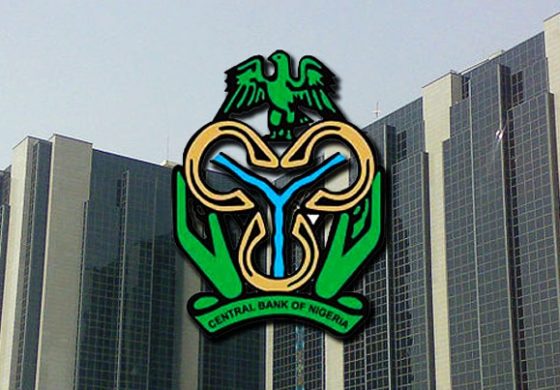Apparently determined to ensure that the benefits of the recent bilateral currency swap deal between it and Peoples Bank of China (PBoC) accrue to the country, the Central Bank of Nigeria (CBN) has embarked on nationwide enlightenment campaigns on how importers and exporters could tap into deal’s opportunities.
Already, officials in the trade and marketing departments of the apex bank have engaged stakeholders in Lagos, Aba and some major cities on the operations of the currency swap and what they should do to in their import-export transactions with China to explore the benefits of the pact.
The initiative is part of the apex bank’s efforts to create maximum awareness about the currency pact before the take off of transactions on the Renminbi (RMB) towards the end of this month and by so doing, ensure naira exchange rate stability and boost the nation’s foreign reserves.
In the cities across the geo-political zones, the apex bank officials have been holding town hall meetings with all trade groups, banks and manufacturers with a view to ensuring that they are properly educated on how best to use the Renminbi for import-export transactions.
It would be recalled that the CBN signed a $2.5 billion currency swap arrangement with the People’s Bank of China (PBOC) in May with the aim of reducing excessive pressure on the nation’s dollar denominated foreign reserves and also stabilize the naira-dollar exchange rate.
The CBN recently signed a three-year renewable bilateral currency swap agreement with the People’s Bank of China (PBoC) worth about $2.5 billion as part of its efforts to ensure Naira’s foreign exchange rate stability.
In local currencies, the swap is worth 15 billion Renminbi (RMB) or N720 billion. The deal allows for the direct exchange of RMB and naira for the purposes of trade and direct investment between the two countries.
According to the PBoC, the swap is to facilitate bilateral trade, direct investment, and safeguard financial market stability as well as to reduce the demand for United States dollar by Nigerians importing from China and consequently strengthen the value of the naira.
The deal will also help to mitigate certain barriers for Nigerian importers of goods from China and reduce the cost of transactions in multiple currencies.
The Bankers’ Committee has endorsed the currency swap arrangement, describing it a monetary measure with great potential to help Nigeria’s efforts to shore up her dollar-denominated foreign reserves.






